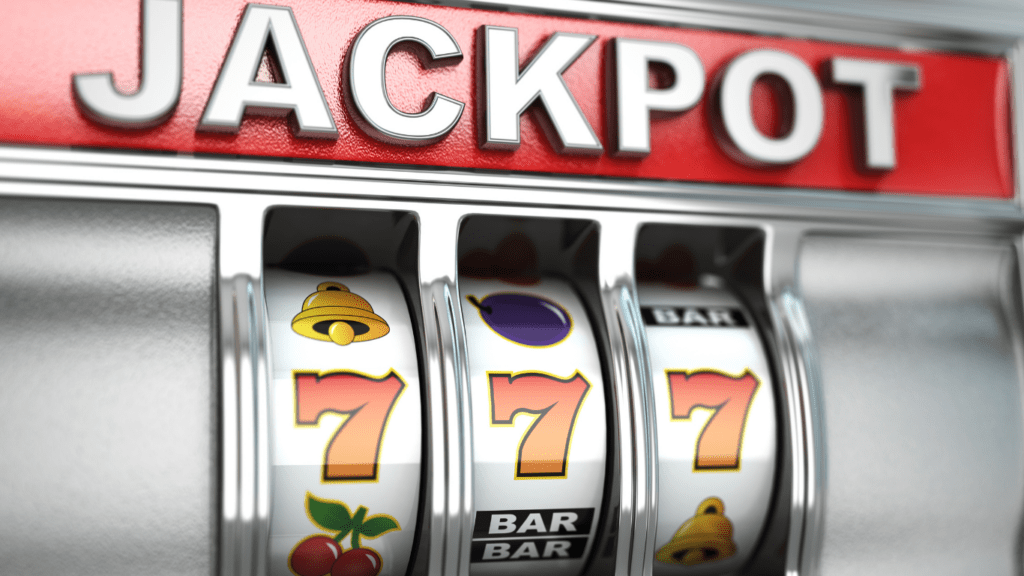Understanding Luck: A Philosophical and Scientific Perspective
Luck often sparks debate between philosophical thought and scientific investigation. Philosophers frequently view luck as an external force, beyond our control, influencing events unpredictably. Ancient texts, like Aristotle’s works, connect luck to chance, linking it to circumstances where human intention plays no role.
Scientists approach luck with measurable frameworks. Probability theory explores patterns of chance, determining outcomes’ likelihood in various scenarios. Researchers from the University of Hertfordshire found mindset significantly impacts perceptions of luck. A positive outlook may increase awareness of opportunities, enhancing the experience of fortunate events.
Combining both perspectives provides a layered understanding. Philosophy emphasizes randomness and outside forces, while science investigates measurable factors like probability and mindset. Both viewpoints support the idea that luck is influenced by more than chance alone.
Research on Defining and Quantifying Luck
Research into luck examines how external circumstances, personal traits, and statistical models interact to shape outcomes. Scholars approach luck through empirical studies and theoretical analysis to clarify its nature and impact.
Key Studies and Their Findings
Several studies provide insights into how luck can be observed and assessed. Research led by Dr. Richard Wiseman at the University of Hertfordshire found that self-described “lucky” individuals tend to exhibit traits like openness to new experiences and proactive behavior. Participants more attuned to environmental cues identified opportunities others missed, suggesting that attentiveness impacts perceived luck.
Another key study, published in Psychological Science, examined the role of randomness and environmental cues in perceived luck. Researchers discovered that minor variations in perception could influence how individuals evaluate chance events. These findings highlight a connection between cognitive patterns and luck-related outcomes.
In economics, studies such as those by Dr. Robert Frank emphasize the cumulative effects of luck in professional and financial success. According to his research, initial fortunate breaks often amplify over time through a cascade of opportunities, demonstrating the compounding nature of luck in societal contexts.
Differentiating Luck from Probability and Chance
Luck, probability, and chance may seem interchangeable but denote different concepts. Luck encapsulates:
- personal
- controllable
- uncontrollable factors
leading to perceived favorable events. Probability, rooted in mathematics, calculates the likelihood of specific outcomes; for example, rolling a six on a die has a 16.67% chance. Chance refers strictly to random, uncontrollable events without bias or intention, like flipping a coin.
While probability relies on statistical patterns, luck often merges randomness with human interpretation and decision-making. In practical scenarios, the perception of luck arises when outcomes defy expected probabilities, influenced by emotions or contextual significance. Research highlights that our attribution to luck often stems from these psychological evaluations rather than statistical inevitability.
Statistical Models Used to Measure Luck

Researchers employ statistical models to explore the quantifiable elements of luck. These models dissect randomness, patterns, and probabilities to provide insights into how chance operates in various contexts.
Role of Randomness in Luck Analysis
- Randomness plays a central role in understanding luck.
- Models like Monte Carlo simulations and stochastic processes assess the role of unpredictable events in outcomes.
- Monte Carlo simulations, for instance, generate vast datasets through random sampling to predict potential probabilities in uncertain scenarios.
- When analyzing luck, randomness helps separate genuine random occurrences from patterns influenced by underlying factors.
- In sports, for example, researchers use random event simulations to distinguish skilled performance from chance outcomes.
- Similarly, evaluating luck in financial markets includes studying random price movements alongside structured market behaviors.
Examples of Statistical Approaches
Certain statistical methods simplify the measurement of luck by emphasizing patterns and decision-making. Probabilistic models calculate expected outcomes and compare them with observed results to detect deviations attributed to luck. Regression analysis evaluates the impact of variables—such as effort or preparation—on outcomes while isolating random influences.
Bayesian inference provides another approach, updating the probability of an event based on new evidence. This method is useful for incremental adjustments in assessing recurring luck-based scenarios, like predicting the success odds of entrepreneurs across multiple ventures.
Games of chance provide simpler examples where statistics directly apply. Models for dice rolls, lottery draws, and card games calculate exact probabilities, facilitating the measurement of “lucky” outcomes compared to random expectations.
Applications of Luck Measurements
Exploring where luck measurements apply reveals significant insights across various domains. From structured environments like games to personal decision-making, quantifying luck provides meaningful benefits.
In Games and Gambling
Luck measurements find practical application in games and gambling. Statistical tools analyze patterns in games of chance, such as poker or roulette, to differentiate between random events and skill-based outcomes. Monte Carlo simulations, for instance, simulate thousands of potential outcomes to evaluate probabilities. Researchers also apply Bayesian inference to update odds based on prior events, particularly in dynamic systems like sports betting.
In professional poker, player performance often blends skill with luck. Regression models assess winning hands to determine whether deviations from expected probabilities stem from genuine skill or fortunate circumstances. Casinos employ similar metrics to optimize the balance between house edge and customer winnings.
In Everyday Life and Decision-Making
Luck measurements extend beyond gambling into daily life and key decision-making. Research from the University of Hertfordshire demonstrates how mindset impacts perceived luck by enhancing awareness of opportunities. Tools like decision trees and probabilistic modeling help quantify the role of randomness in outcomes like career choices, investments, or project success.
In financial planning, for example, stochastic processes evaluate the variability of investment returns, distinguishing consistent strategies from fortuitous gains. Personal decisions, such as selecting a job or moving to a new city, can also benefit from analyzing probabilities and risk assessments to minimize reliance on pure chance.
By applying structured frameworks, individuals and organizations can better understand how unpredictable factors contribute to success.


 Archer Loftus-Hills played a pivotal role in shaping the technical backbone of Gamble Today Smart. With a keen eye for detail and a passion for innovation, Archer was instrumental in developing the platform’s data-driven tools and analytics features. His expertise ensured that users could access reliable, real-time insights to make informed gambling decisions. Archer’s dedication to precision and functionality has left a lasting impact on the platform’s success.
Archer Loftus-Hills played a pivotal role in shaping the technical backbone of Gamble Today Smart. With a keen eye for detail and a passion for innovation, Archer was instrumental in developing the platform’s data-driven tools and analytics features. His expertise ensured that users could access reliable, real-time insights to make informed gambling decisions. Archer’s dedication to precision and functionality has left a lasting impact on the platform’s success.